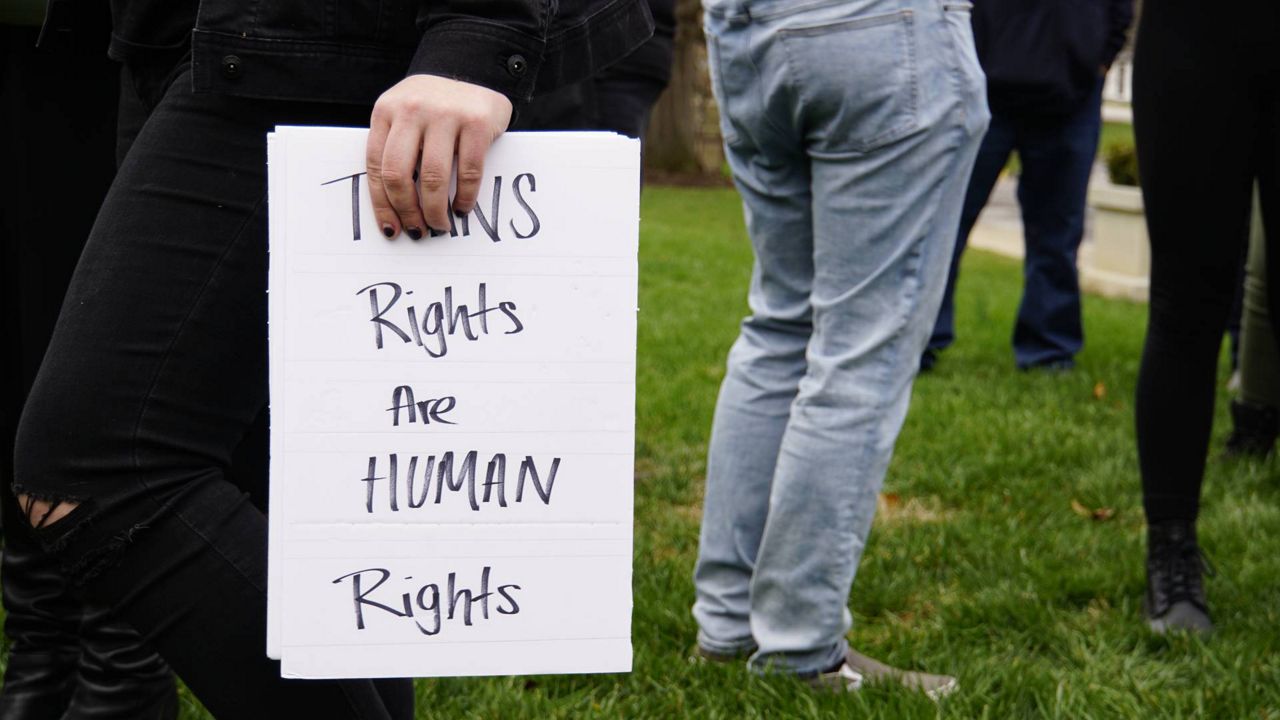LOUISVILLE, Ky. — A federal judge temporarily blocked Kentucky’s ban on gender-affirming care for transgender youths on Wednesday, taking the action shortly before the measure was set to take effect.
In issuing the preliminary injunction, U.S. District Judge David Hale sided with seven transgender minors and their parents, who sued the state officials responsible for enforcing the provisions banning the use of puberty blockers and hormones.
“This is a win, but it is only the first step,” said ACLU Legal Director Corey Shapiro. “We’re prepared to fight for families’ right to make their own private medical decisions in court, and to continue doing everything in our power to ensure access to medical care is permanently secured in Kentucky.”
Attorney General and gubernatorial candidate, Daniel Cameron, R-Ky., issued a statement after the ruling and said, “Today’s misguided decision by a federal judge tramples the right of the General Assembly to make public policy for the Commonwealth. Senate Bill 150 is a commonsense law that protects Kentucky children from unnecessary medical experimentation with powerful drugs and hormone treatments.”
At least 20 states have now enacted laws restricting or banning gender-affirming medical care for transgender minors, and most of those states face lawsuits.
A federal judge struck down Arkansas’ ban as unconstitutional last week, and federal judges have temporarily blocked bans in Alabama and Indiana. Oklahoma has agreed to not enforce its ban, while opponents seek a temporary court order blocking it. A federal judge has blocked Florida from enforcing its ban on three children who have challenged the law.
In their lawsuit, the Kentucky plaintiffs claim that the prohibition interferes with parental rights to seek established medical treatment for their children.
The plaintiffs requested a preliminary injunction to prevent the disputed portion of the law from taking effect on Thursday.
In his order, Hale concluded that the plaintiffs showed “a strong likelihood of success on the merits” of their constitutional challenges to the contested portion of the measure.
In his order, the judge said that if the disputed sections were allowed to take effect, they would “eliminate treatments that have already significantly benefited six of the seven minor plaintiffs and prevent other transgender children from accessing these beneficial treatments in the future.”



